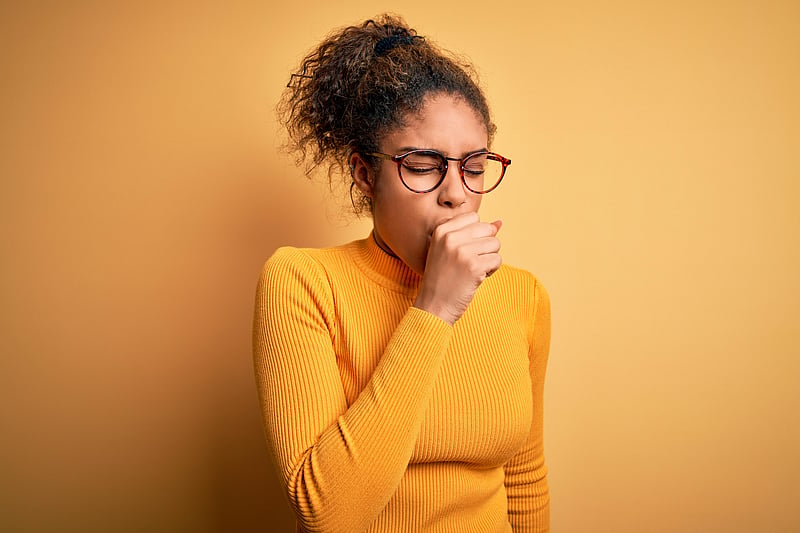Get Healthy!

- Robert Preidt
- Posted May 9, 2022
Could a COVID Infection Help You Ward Off the Common Cold?
If you get infected with COVID-19, there may be a sliver of a silver lining: COVID may help protect you against the common cold, researchers say.
The SARS-CoV-2 virus that causes COVID-19 belongs to a large and diverse family of coronaviruses that include common cold viruses.
Because viruses in this family have relatively similar spike proteins, immune system antibodies against one coronavirus spike protein could potentially also recognize similar spike proteins in other coronaviruses. This suggests that previous exposure to SARS-CoV-2 could help protect against other coronaviruses, including those that cause colds, according to scientists at the Scripps Research Institute in La Jolla, Calif.
To find out if that's true, they took blood samples from 11 people to look for serum antibodies -- proteins that help fight off infection. Eight of the samples were collected before the COVID-19 pandemic while three were from people who recently had COVID.
"The end goal of this would be to rationally design vaccines that can recognize many different coronaviruses," said study co-author Sandhya Bangaru, a postdoctoral research associate.
The researchers tested how the samples reacted to isolated spike proteins from different coronaviruses: OC43 and HKU1, both associated with common colds; SARS-CoV-2; SARS-CoV-1, which causes severe acute respiratory syndrome (SARS); and MERS-CoV, which causes Middle East respiratory syndrome (MERS).
Only serum antibodies from COVID-19 patients reacted to the SARS-CoV-2 spike proteins, and they also reacted more strongly than pre-pandemic samples of antibodies to the spike proteins of the common cold viruses and the other coronaviruses, according to the study. The results were published online in the journal Science Advances.
"Most people have this baseline immunity to common coronaviruses, and exposure to SARS-CoV-2 increases the levels of these antibodies," Bangaru said in an institute news release.
Study co-author Andrew Ward, a professor of integrative structural and computational biology, said this study could help lead to better vaccines.
"Getting a better understanding of how immunity against this broad family of coronaviruses changes with COVID-19 infection is an important step toward developing better coronavirus vaccines, both for COVID-19 and for future, related pathogens," Ward said in the release.
More information
The U.S. Centers for Disease Control and Prevention has more on common human coronaviruses.
SOURCE: Scripps Research Institute, news release, May 4, 2022




